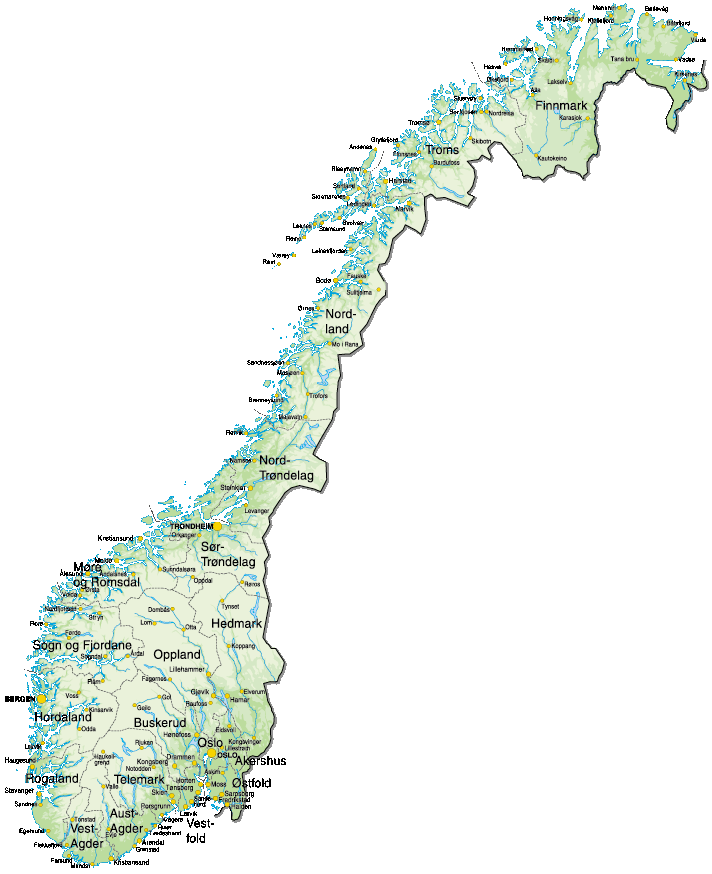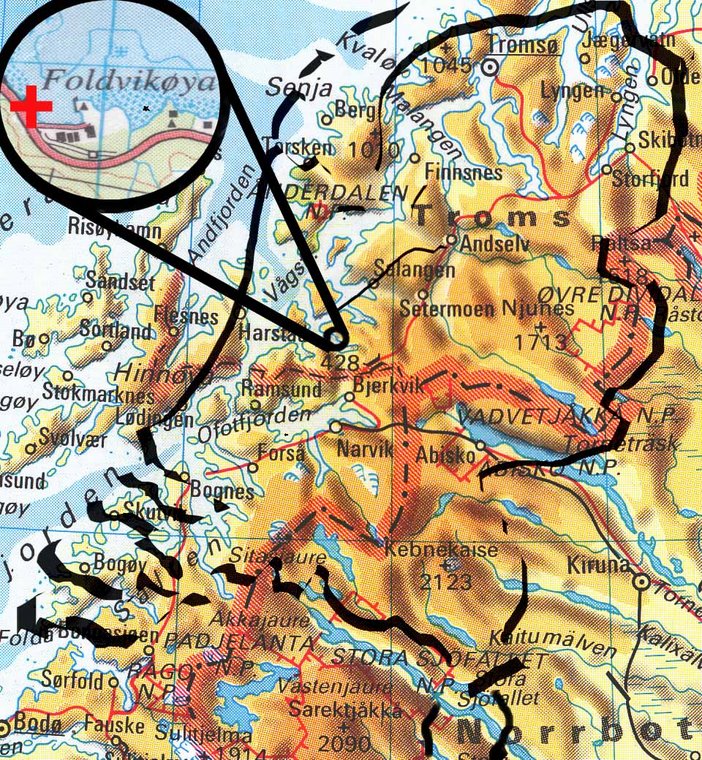Nietzsche about life II
Content of the conscience.— The content of our conscience is everything that was during the years of our childhood regularly demanded of us without reason by people we honored or feared. It is thus the conscience that excites that feeling of compulsion ("I must do this, not do that”) which does not ask: why must I?— In every case in which a thing is done with “because" and “why" man acts without conscience; but not yet for that reason against it.— The belief in authorities is the source of the conscience: it is therefore not the voice of God in the heart of man but the voice of some men in man.
Overcoming of the passions.— The man who has overcome his passions has entered into possession of the most fertile ground; like the colonist who has mastered the forests and swamps. To sow the seeds of good spiritual works in the soil of the subdued passions is then the immediate urgent task. The overcoming itself is only a means, not a goal; if it is not so viewed, all kinds of weeds and devilish nonsense will quickly spring up in this rich soil now unoccupied, and soon there will be more rank confusion than there ever was before.
End and goal.— Not every end is the goal. The end of a melody is not its goal; and yet: if a melody has not reached its end, it has not reached its goal. A parable.
How one tries to improve bad arguments.— Some people throw a bit of their personality after their bad arguments, as if that might straighten their paths and turn them into right and good arguments—just as a man in a bowling alley, after he has let go of the ball, still tries to direct it with gestures.
Remorse.— Never yield to remorse, but at once tell yourself: remorse would simply mean adding to the first act of stupidity a second.— If you have done harm, see how you can do good.— If you are punished for your actions, bear the punishment with the feeling that you are doing good—by deterring others from falling prey to the same folly. Every evildoer who is punished may feel that he is a benefactor of humanity.
Bad enough! The old story again! When we have finished building our house, we notice that we have suddenly learned something in the process, something we simply needed to know before we started to build. The eternally tiresome “Too late!" The melancholy of everything finished! . .
“Bad! Bad! What? Is he not going—back?”—Yes! But you understand him badly if you complain about it. He’s going back, as every man does who wants to make a huge jump.—
To live with an immense and proud composure: always beyond.—To have and not have one’s feelings, one’s for and against, voluntarily, to condescend to them for hours; to sit on them, as if on a horse, often as if on a donkey:—for one needs to know how to use their stupidity as well as their fire. To preserve one’s three hundred foregrounds, as well as one’s dark glasses: for there are occasions when no one should be allowed to look into our eyes, even less into our “reasons.” And to select for company that mischievous and cheerful vice, courtesy. And to remain master of one’s four virtues: courage, insight, sympathy, and loneliness. For solitude is a virtue with us, as a sublime tendency and impulse for cleanliness, which senses how contact between one person and another “in society” must inevitably bring impurity with it. Every community somehow, somewhere, sometime makes people common.
Man, a multi-faceted, lying, artificial, and impenetrable animal, who spooks other animals less by his power than by his cunning and intelligence, has invented good conscience in order to enjoy his own soul for once as something simple; and all of morality is a long bold falsification, thanks to which in general it’s possible to enjoy a glimpse at the soul. From this point of view, perhaps much more belongs to the idea of “art” than people commonly believe.




















Geen opmerkingen:
Een reactie posten